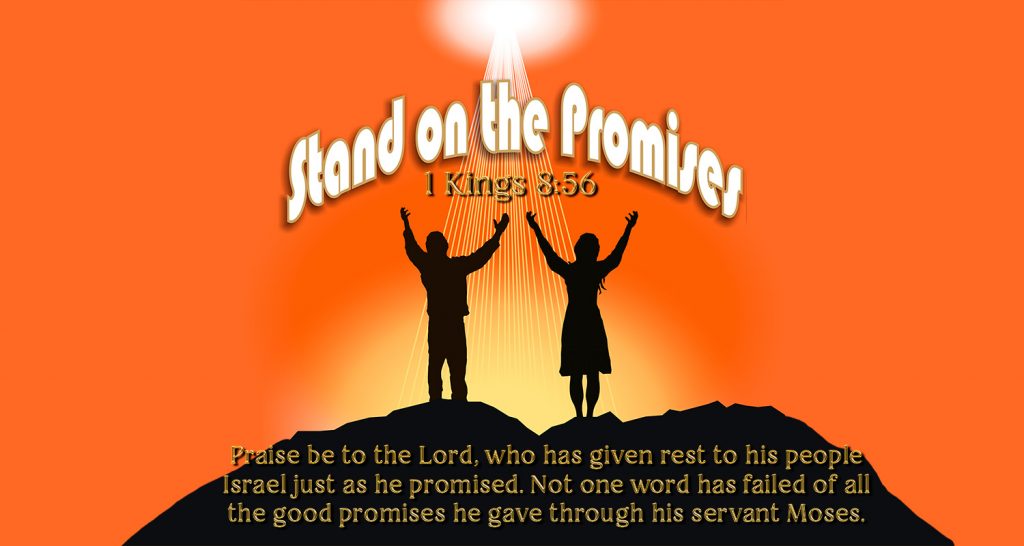Now there was a certain man of Ramathaim Zophim, of the mountains of Ephraim, and his name was Elkanah the son of Jeroham, the son of Elihu, the son of Tohu, the son of Zuph, an Ephraimite. And he had two wives: the name of one was Hannah, and the name of the other Peninnah. Peninnah had children, but Hannah had no children. . . And whenever the time came for Elkanah to make an offering, he would give portions to Peninnah his wife and to all her sons and daughters. But to Hannah he would give a double portion for he loved Hannah, although the LORD had closed her womb. 1 Samuel 1: 1, 2, 4, 5, NKJV.
Merciful God, may we hear Your voice as we study Your word today. In the powerful name of Jesus Christ, we pray. Amen.
I appreciate the fact that the authors of these Sabbath School study guides place a lot of importance on self worth! Throughout these lessons, we have had an opportunity to see how important it is that an individual feel good about him or her(self). Others may feel that we are the greatest, but unless we share their opinion, their concept of us, will serve no positive purpose. Hannah is an example of this phenomenon.
Almost a year ago (November 12, 2009) I dedicated a devotional to Hannah. It was developed from quite a different point of view. We saw her as one who took her burdens to the LORD, and left them there. Today let us look at Hannah as a more vulnerable individual who is wrestling with her self-identity. Her husband actually adores her (which is quite unusual for a man who wants heirs and his wife is barren). But all Hannah can think about is the fact that she is childless (cursed), and her rival Peninnah has her “quiver full of [children]” (blessed) (Psalm 127: 5a).
Her husband cannot understand Hannah’s sadness, “Then Elkanah her husband said to her, ‘ “Hannah, why do you weep? Why do you not eat? And why is your heart grieved? Am I not better to you than ten sons” ‘ (1 Samuel 1: 8)? As the author brought out in the lesson, “Hannah’s feelings shouldn’t be hard to understand, especially in her culture, where to have no male child meant to have no security in one’s old age” *(ATSSBSG, p. 30). In Elkanah’s view, what could a son provide for Hannah that he could not provide? In Hannah’s view a son could provide her with self-esteem in a way that a husband could not.
Some social stigmas are so heavy to bear, that not even the unconditional love, understanding, and acceptance, of one as close to us as a spouse, can lift the heavy burden! But thanks be to God, what human beings cannot do – God can – and will do – if we let Him. After a talk with Jesus, Hannah is feeling much better. She begins to see herself in a new light. God has taken her burden and her reproach away.
He will never give us more than we are able to bear. But He will do more than that – He will either provide the way for us to bear the burden, or, as in the case of Hannah, He will take the burden away, and in its place, give us a blessing! When God blesses an individual, his or her self-esteem is enhanced, and he or she begins to feel better about him or her(self). What others think about us, and how they feel about us, is important. But what I think and feel about myself, especially after an encounter with Jesus, is what makes the difference!
*Adult Teacher’s Sabbath School Bible Study Guide.
